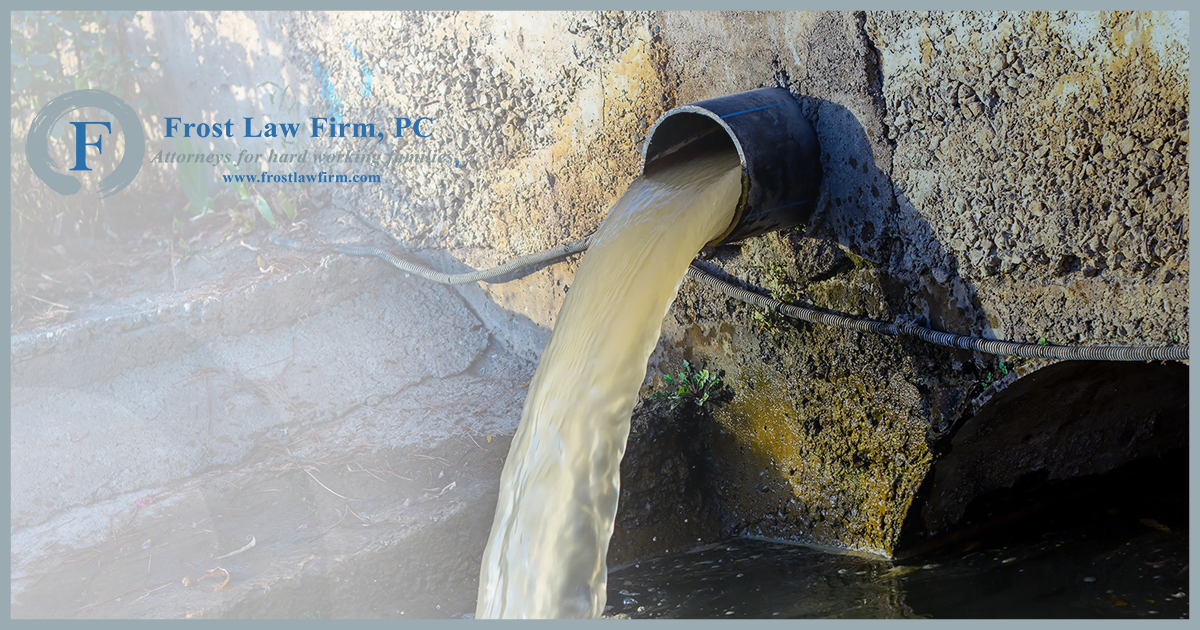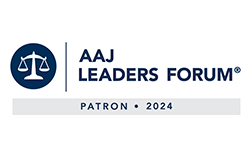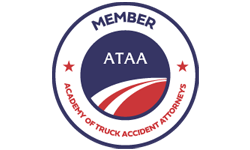Whether you simply followed the news about the water contamination at the North Carolina U.S. Marine Corps base, Camp Lejeune, in recent years or you found yourself becoming more aware of it because you believe the issue affected your health, you probably have questions.
You may wonder, after decades of problems where individuals were exposed to contamination that caused significant health problems, is Camp Lejeune’s water safe now?
The Current State of Camp Lejeune Water
According to the U.S. Marine Corps Camp Lejeune Historic Drinking Water website, the water on base is “safe to drink today and has been since at least March 1987.” The press release, which was issued in October 2007, also outlines how what they identified as the source of contamination and the affected well was shut down in 1985.
The release goes on to highlight how not only is the water free from previously identified, then-unregulated solvents, perchloroethylene (PCE), and trichloroethylene (TCE) but also complies with state and federal laws and regulations that focus on ensuring individuals have access to safe drinking water.
Although not mentioned in that press release, other toxins, including vinyl chloride, benzene, tetrachloroethylene, and other dangerous herbicides and pesticides, were also found in the water there.
Furthermore, that release outlined how, because of the prior water contamination issues that occurred at the marine base, they perform more frequent (quarterly) checks for volatile organic compounds (VOCs) than federal law requires to ensure it remains clean to drink.
Additionally, because of this prior issue, they reportedly issue a Consumer Confidence Report each year regarding the quality of water on base to residents who reside there.
What To Know About Longstanding Water Contamination Issues That Existed at Camp Lejeune
You saw where we mentioned that Camp Lejeune’s water remained contaminated for decades.
The precise time frame in which this is believed to have been the case was between August 1, 1953, and December 31, 1987. Anyone who worked or resided, including civilians, at Marine Corps Base Camp Lejeune or the nearby Marine Corps Air Station New River may have been exposed to these toxins.
In the years after the source of the toxins was identified and cleanup occurred, those individuals who’d worked or lived on the base began developing a wide range of similar medical concerns, including cancers and neurodegenerative diseases, and others and pregnant mothers suffered miscarriages.
By the time these patients were able to connect their medical conditions to their consumption of, bathing in, and other uses of Camp Lejeune’s contaminated water supply, the statute of limitations within which they could file suit had, for many, expired.
How the Water Contamination at Camp Lejeune Led to Change
As we mentioned above, not only did the contaminated water issue at the NC marine base change the testing protocol for VOCs in and around Camp Lejeune from the time the cleanup occurred, which ensures the same issues that plagued workers and residents for decades don’t occur again, but it also resulted in legislative change.
On August 10, 2022, President Biden signed the Sergeant First Class Heath Robinson Honoring Our Promise to Address Comprehensive Toxics Act of 2022 (simply known as the Honoring Our PACT Act of 2022 or just the PACT Act) into law.
When he did, it provided an avenue for those service members, their family members, and defense contractors previously diagnosed with one of the following presumptive conditions to file a claim to recover compensation for their contamination-related losses:
- Aplastic anemia and other types of myelodysplastic syndromes
- Non-Hodgkin’s lymphoma
- Bladder cancer
- Multiple myeloma
- Liver cancer
- Parkinson’s disease
- Kidney cancer
- Adult leukemia
While there are only eight presumptive conditions as described above that qualify those affected for disability compensation, the Janey Ensminger Act allows patients to qualify for health care benefits for many of the conditions listed above plus the following, all of which are linked to contaminated Camp Lejeune water:
- Female reproductive concerns, including infertility and miscarriage
- Hepatic steatosis
- Neurobehavioral concerns
- Additional cancers, including lung cancer, breast cancer, and esophageal cancer
- Renal toxicity
- The autoimmune disease, scleroderma
Looking to the Future After the Camp Lejeune Water Contamination Crisis
While the water quality issues that once plagued Camp Lejeune have reportedly been resolved since the late 1980s, plenty of individuals are continuing to experience health-related setbacks associated with the contamination that did exist on the marine base for so many years.
Fortunately, you have just a few months until August 10, 2024, to file a Camp Lejeune water contamination claim. Frost Law Firm, P.C. has assisted countless service members and others in filing claims, and we want to help you. Email or call us to discuss your affiliation with the marine base during the above-referenced years and your health since then.
It’s free to speak with one of our Camp Lejeune water contamination attorneys about your situation.




















